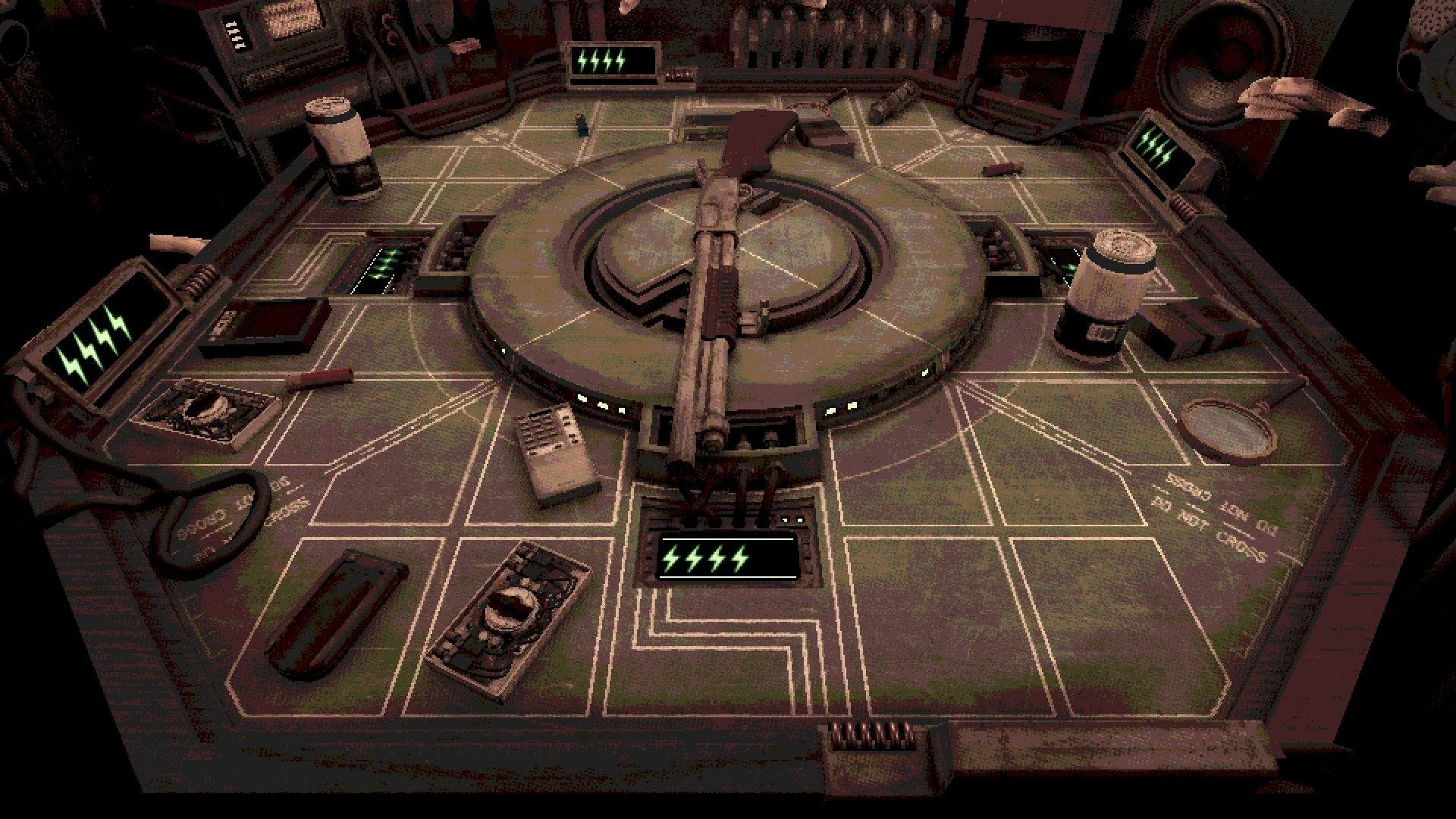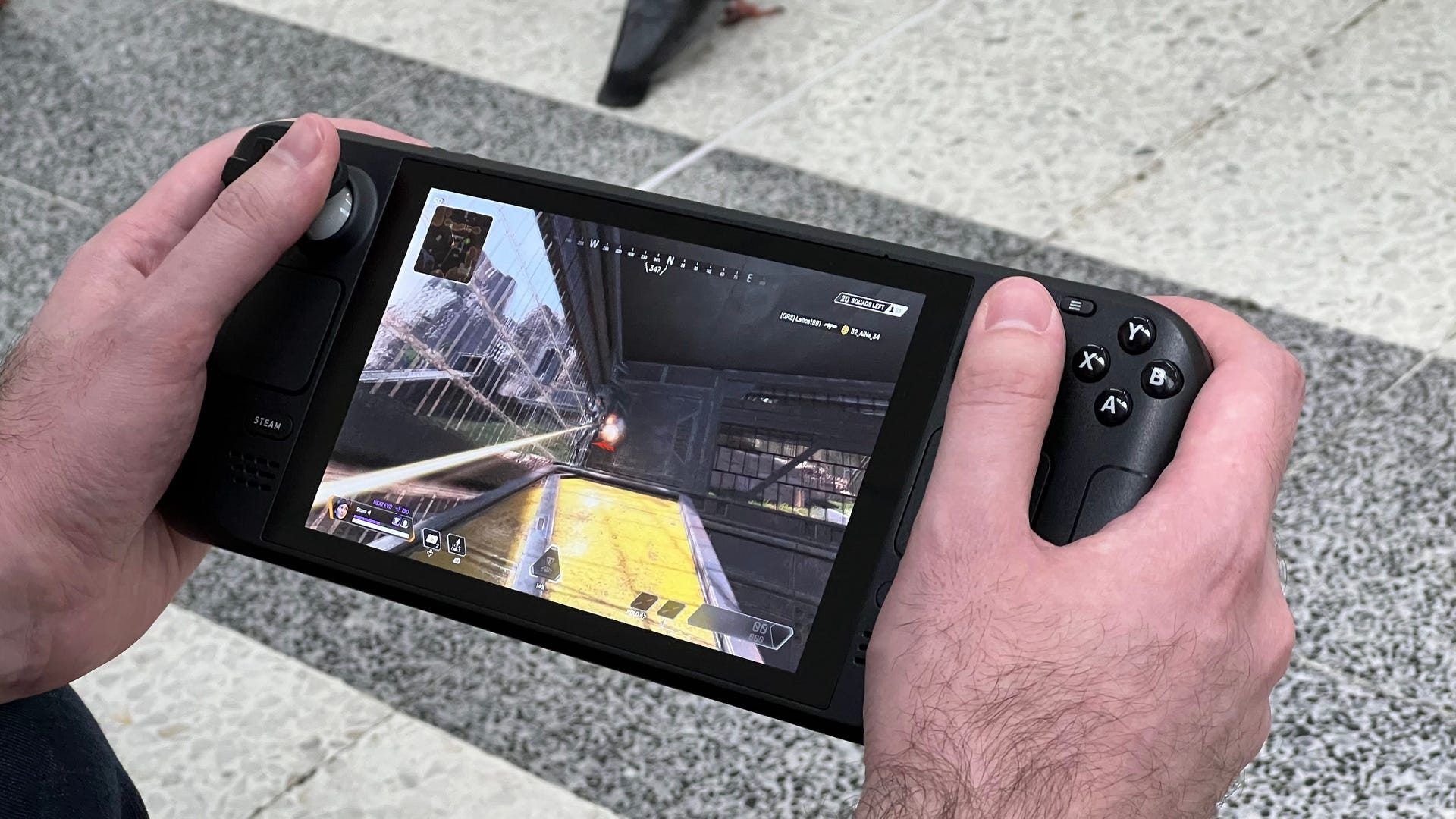Hey Insiders! Happy Halloween to those who celebrate. The team is currently heads down working (and not at all playing Black Ops 6 between meetings) on getting the next releases and game previews ready.
It’s been a while since we posted one of these. We wanted to touch base to give you an update about the program and celebrate some of the things that team Xbox and the Insider Program have delivered. As always: a great big thank you to those who have participated in the Xbox Insider program over the years. We’ve got a big list of things to go over.
‘Freaky’ Feature Friday
There is an elephant in the room that I wanted to address first: the ‘Feature Friday’ plans for the subreddit that were announced some time ago. We haven’t forgotten our commitment to increased transparency and sharing more in-depth information about our process and ‘Feature Friday’ is part of that.
First, we read everything that is posted. We are here to champion your feedback and help make the Xbox community the best it can be. If we can’t do that in a way that the community feels heard, something needs to change. Right now, the team has renewed discussions about a few specific options internally. I don’t have more to share today, but I thought it was important to let you know that this is still on the forefront of our minds.
In spookier news, here are some of the terrifying highlights from our Operations team:
Game “Error when launching store” Previews – Tim W.
Everyone loves playtests as you get to preview new games or updates. We’ve had some great ones in the last few months including 33 Immortals, Starbound, Rhythm Towers, Off the Grid, FragPunk, and The First Berserker Khazan. We appreciate everyone participating and giving your feedback! We are continuing to partner with different developers to give you more playtests so keep an eye out for new previews and announcements in the Xbox Insider Hub app. The Rhythm Towers preview is still available to join, so if you haven’t already, give it a try.
If you launch the Xbox Insider Hub and don’t see the game you were expecting, it might be because we’ve reached the limit on users for that preview. Sometimes the developer only wants to target certain regions or requires you to sign up on their website. There are many reasons why you might not see a preview. While we try to include details about preview eligibility in our posts, if you think there’s an issue we always recommend using the Report a Problem feature.
Console “Gonna install right in the middle of your ranked match” OS – Joshua C
The past few months have been marked by more than 100 updates across the Xbox Update Preview rings! Together, we’ve seen fundamental updates to the friends and followers experience, and quality of life improvements like being able to choose specific components before starting a game install. There have also been great accessibility features released like toggle hold and being able to map buttons to thumbstick directions, and improvements to custom images for backgrounds and gamerpics. From the smallest changes to the biggest features, Xbox Insiders are always the first to experience the latest and greatest we have to offer.
Of course, we have also uncovered our fair share of issues these past months, and the feedback you’ve filed with Report a problem has been as invaluable as always. Your continued diligence in providing feedback has played a role in many of the issues resolved recently, including fixes to narrator and magnifier, unexpected game card navigation, as well as major improvements to capturing game clips and taking screenshots. Thank you for helping to make Xbox better for everyone!
PC “Wait, there’s a PC Insider Preview?” Flighting – Jon H
Over the past few months, Xbox Insiders on PC had the opportunity to preview several new features: Compact Mode for Game Bar, the new Friends and Followers Experience and just this week a new Home experience in the Xbox App. If you’re interested in previewing new features for PC and supported handhelds, make sure you register for the PC Gaming Preview in the Xbox Insider Hub.
Interested in Registering? Find out how here
The Haunting Lifecycle of Insider Feedback:
I’d like to think I’m a good singer, and wanted to release this section as a video akin to a certain song some of you might have seen in school about how bills are passed on Capitol Hill (you know the one I’m talking about). Fortunately for everyone, that was vetoed.
But I do want to give the community some insight into how bugs work and why we need specific feedback.
So, you’re playing your favorite game, and it crashes back to the dashboard all of a sudden. You bring up the Report a problem prompt by holding down the Xbox button on your controller and selecting ‘Report a problem.’ After following the prompts and hitting submit, what happens to your feedback?
Here is the simplified version: your feedback lands in pool of all submitted Insider feedback. The Insider team reviews all the feedback. All of it. Each day, the team sends actionable feedback into another pool where the engineering teams investigate and fix or reroute if necessary.
That’s why it’s critically important to include specific details. What was the issue and when did you hit it. If you can tell us what you were doing, great! “It crashed” is helpful in that we know your game crashed. “It crashed on the splash screen” is even more helpful because we know when it crashed. “It crashed on the splash screen after I quit one game and then tried launching this one,” includes what you were doing. When in doubt, I recommend erring on the side of including more details. The easier it is for engineers to reproduce the problem, the more likely it is they can fix it. If you don’t want to use your controller, we have a couple other options (including a USB mouse and keyboard or using another device entirely). Read more here: Provide feedback to Team Xbox | Xbox Support
Thanks again for being an Xbox Insider, we appreciate you.
The post Xbox Insider Program Community Update – October 2024 ‘Spooky’ Edition appeared first on Xbox Wire.


